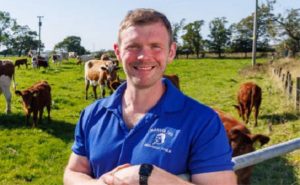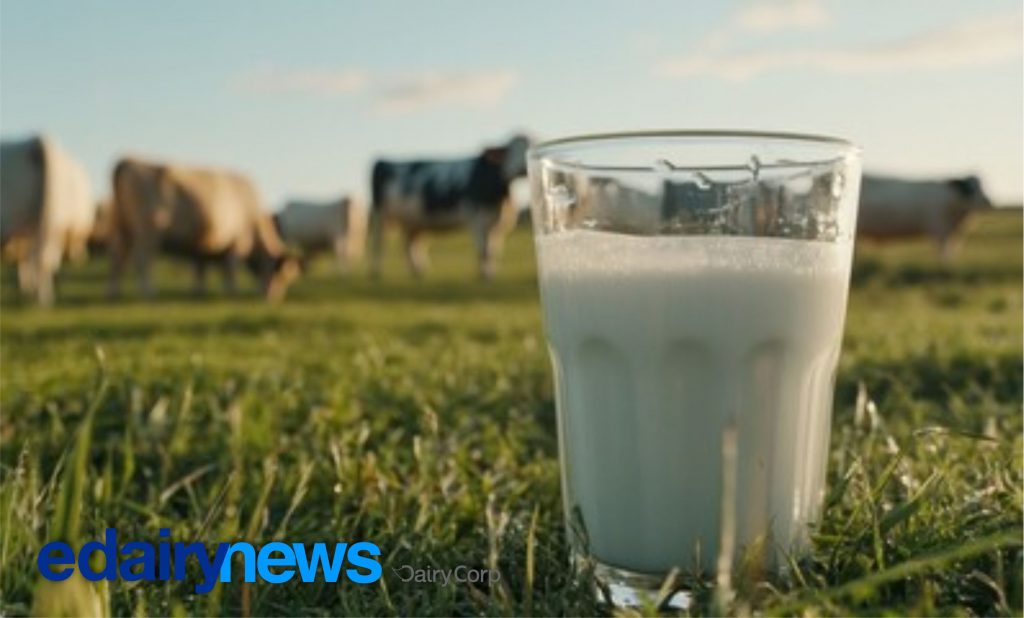‘Wingreen Farms’ is an example of an entity that has empowered 400 women farmers and given them a means of livelihood in the largely arid and backward region of Nuh District in Haryana. It has enabled them to grow agricultural commodities that are used to make dips and sauces at its manufacturing facilities on the outskirts of Gurgaon. These include basil, peppermint, lemongrass, peanuts, chickpeas, broccoli, spinach, and garlic. The Company retails over 103 products through its website, grocery stores and also co-brands its dips with organizations such as Fab India in over 200 cities.
Steady growth in the Company’s revenues has fostered financial independence for women farmers working with the Company. More importantly, their income of approximately Rs 15,000-30,000 a month has earned them respect among their family members.
As per the National Sample Survey Organization (NSSO), 75% of the rural women are farmers and produce approximately 60%-80% of the food and 90% of dairy products in India. The Report on Doubling Farmers Income (DFI), 2017 observes that women participate in most of the farm-related activities such as seed preparation for sowing, raising nurseries for transplanting, preparation as well as the application of fertilizers, grading, shifting of produce to the threshing floor, cleaning, and processing of grain, etc. The Report further adds that women work either as cultivators (doing labour on their land) or as managers of certain aspects of agricultural production and post-harvest operations or even as paid labourers on other farms.
Prof. Prabhu Pingali’s book ‘Transforming Food Systems in a Rising India’ (2019), points out that the increasing demand for diversified foods has led to a growing emphasis on grades and standards to ensure quality, health, safety, and differentiation of products based on tastes and preferences. He further adds, that due to such a demand we see the rise of organized retail outlets. This necessitates making the farm-retail linkage efficient and effective. India’s retail sector, according to him, was valued at 641 billion USD in 2017.
In this context, the ecosystem of capacity building and empowering of women farmers by entities such as Wingreen Farms is need of the hour. The government of India has set the target to double farmers’ income by 2022. One of the key instruments to achieve this target is strengthening of the agribusiness value chain from farm to retail – input provision/use, production, post-harvest processing/ storage, and transportation/marketing/sales through requisite investments.
What is more critical, however, is to consider the United Nations Development Fund (UNDP) ‘gender-responsive solutions’. In other words, including women farmers equally in the agribusiness value chain to enhance their voice in financial decision making and the ability to drive collective action.
Gender mainstreaming through the modes of earmarked allocation and enhanced rates of subsidy for women farmers is already being ensured by the Government of India and the State Governments. Flagship schemes of the Ministry of Agriculture and Farmer Welfare in areas of food security, agricultural mechanization, organic farming, micro-irrigation, extension, seed and planting material, marketing storage, etc. provide for structural, functional, and institutional measures to empower women, farmers.
Outside the fold of the Government, in the dairy sector too almost 5 million women farmers are active members of milk cooperatives. Besides, programmes implemented countrywide through the National Rural Livelihood Mission (NRLM) and National Bank for Agriculture and Rural Development (NABARD) also focus on livelihood and value chain interventions for women farmers. Such interventions have also been fostered through support for setting up of Farmer Producer Organizations (FPOs) either through the Companies Act or the Cooperative Acts.
Experts opine that agribusiness value chains are complex and highly variable both by region and commodity. Therefore, the constraints that women farmers face in India vary according to the geography and local context, they add. Nevertheless, at a broader level, firstly, women farmers have less access to high-quality inputs, equipment, technology, and an essential package of practices on appropriate farm usage. Secondly, many times these constraints are interlinked with lack of land titles and collateral leading to their limited access to finance. Thirdly, their role in post-harvest processing and storage activities is more likely to take place as members of larger firms/organizations and where such activities are not mechanized. Fourthly, women farmers are less likely to participate in activities of transportation and marketing on account of limited freedom of movement, low access to infrastructure, information, and networks.
UNDP’s ‘Disha Project’, rolled out across states of Delhi, Haryana, Karnataka, Maharashtra, and Telangana, aims at addressing two significant challenges to overcome the constraints mentioned above. One, low participation of women farmers in demand management roles in rural markets and the consequent inability of women farmer-led institutions to access the private sector organized market. And second, lack of information on post-harvest management activities amongst women farmers. The Project with the assistance of State Governments has been able to unlock the demand side of skilling for women farmers as either ‘sourcing and business managers’. The critical skills imparted through training of trainer modules of 8-14 days include quality, cost, time, and risk management through tools such as milestone checklists, etc.
After the completion of training women farmers are expected to be able to create awareness on procurement grades and standards, manage pack houses for grading, sorting, coordinate logistics, analyze price trends, maintain inventories as well as record and manage business operations of FPOs.
Experts also highlight the need for partnership with and investment from the private sector along the agribusiness value chain. International Finance Corporation (IFC) brings forth the case of ‘Primus’, a European fashion retail entity that wanted to ensure that all the Cotton in its supply chain is sustainably sourced. Therefore, Primus brought together ‘Cotton Connect’ a global group of agricultural professionals, Self-Employed Women’s Association (SEWA), a reputed nongovernmental organization to create its Sustainable Cotton Program in the State of Gujarat. The program initially created to train over 1200 women farmers has now been extended to reach an additional 10,000 such farmers.
The Program provides these farmers access to formal training, empowers them to narrow the gender inequality gap, and enables the adoption of sustainable farming methods such as efficient water usage and reduction in fertilizer use.
Across the board, access to finance for women farmers and strengthening their collective bargaining power through FPOs is a must for enhancing gender equality. In this regard, two initiatives of the Government of India that will bolster the above objectives are noteworthy. A dedicated Central Sector Scheme for the formation and promotion of 10,000 FPOs across the country has been recently launched. It provides handholding and support to FPOs through equity grants and credit guarantee up to five years. Besides, the Agricultural Infrastructural Fund (AIF) provides effective instruments of funding for supply chain services, FPOs, and e-marketing platforms.
(The writer is an Additional Secretary in the Ministry of Agriculture & Farmers Welfare, Government of India. Views expressed are personal)












